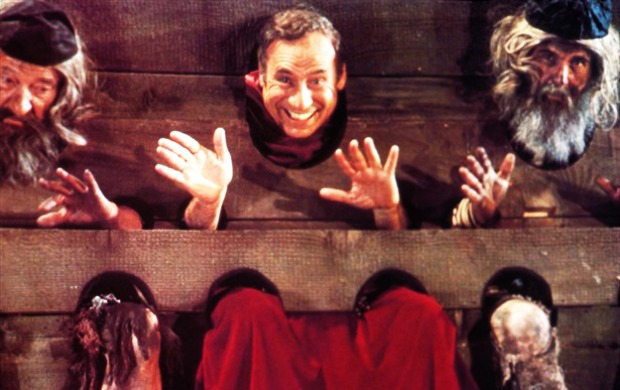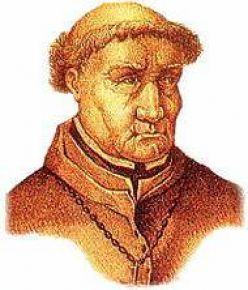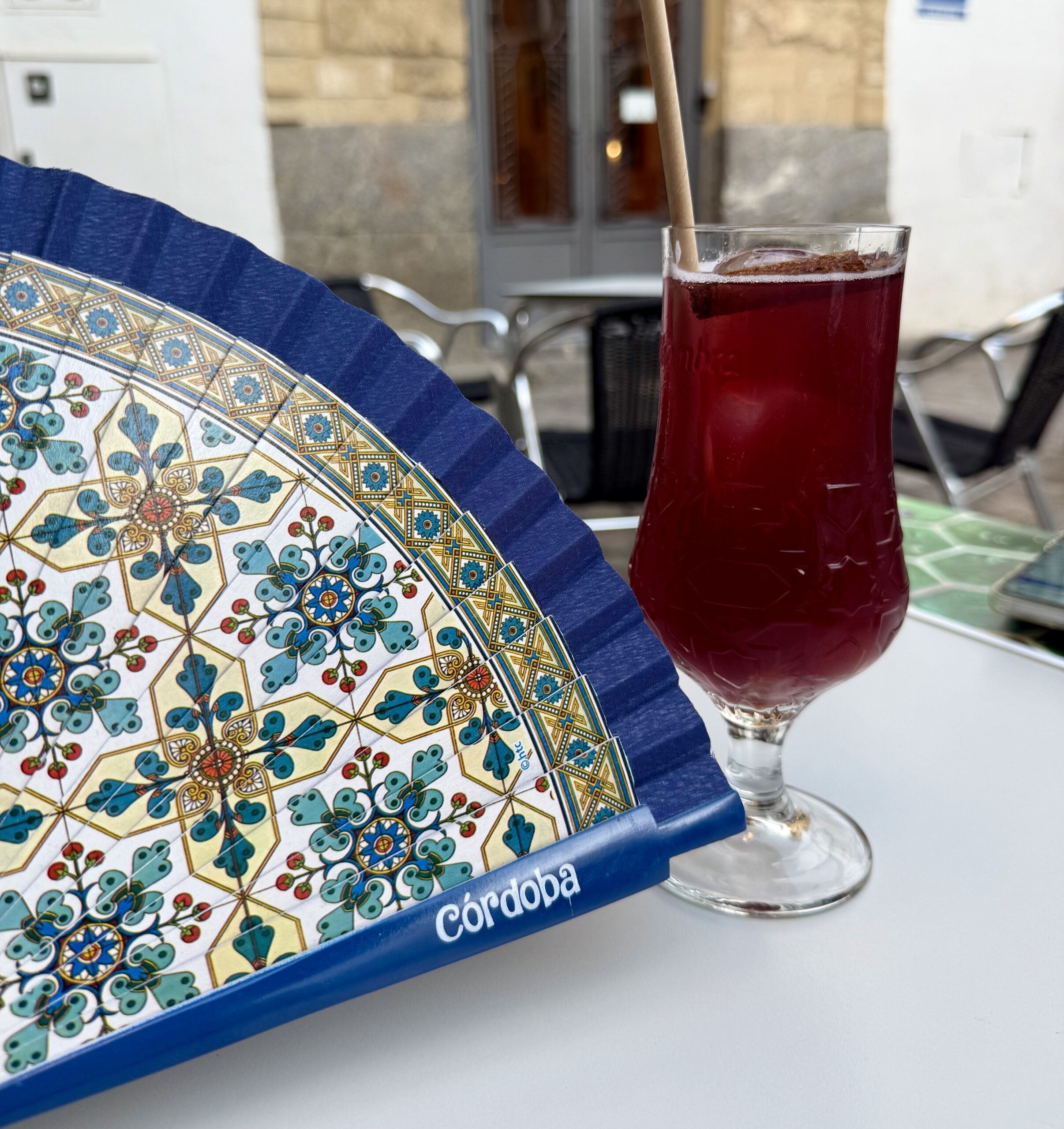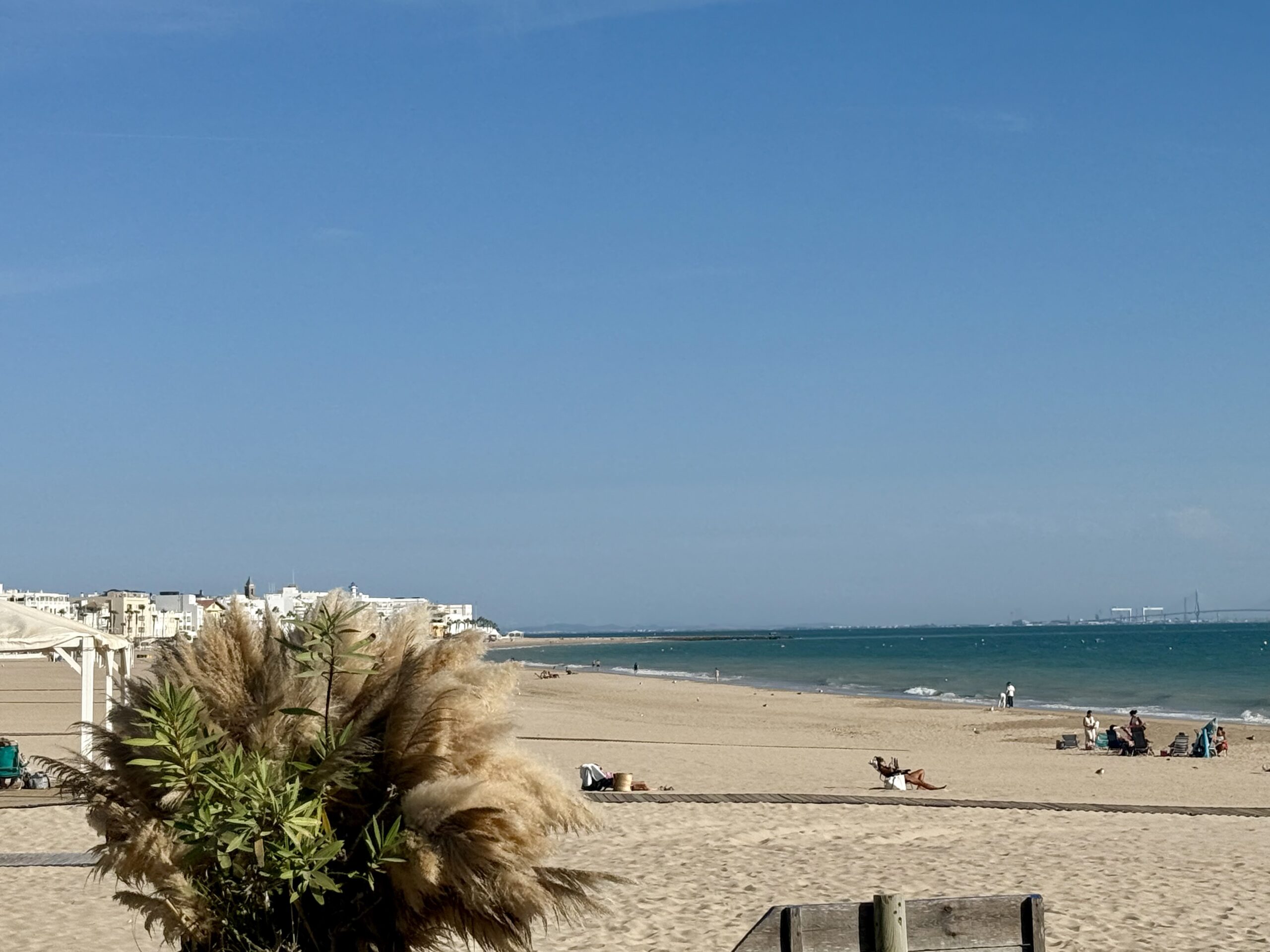
An Inquisition into the Spanish
April 9, 2018
“We couldn’t Torquemada nuthin.”

Mel Brooks, The History of the World, part I
— Mel Brooks
I can’t leave Spain without a few thoughts on the Spanish Inquisition. After all, I read a laborious biography of Torquemada, the Grand Inquisitor, and if I don’t write something about it, that time was wasted. And it was a lot of time.
My specific interest in the Spanish Inquisition is how it was different from inquisitions that had been going on in Europe for hundreds of years earlier the Spain’s. In Europe, they had been confined to defending heresies arising within Christianity. This every religion worth its weight in incense and guilt will affirm as its right. No argument from me there. Aberrations like inquisitions seem to come with the territory.
Torquemada (on my way into Bilbao by train, we passed an abandoned rail station named Torquemada) took the Spanish Inquisition into new territory, though, namely the Jewish quarters of Spain’s largest cities. He started small: Jews who had converted to Christianity in order to remain in Spain after 1492, but were now suspected of backsliding into secretly practicing Jewry. “Suspecting” being the operative word here. Accusers could maintain their anonymity and the accused would never confront them. Accusers need not offer any proof of their accusations, the accusation was enough. If this all sounds like modern “show trials” or kangaroo courts, you’ve understood the Spanish Inquisition correctly.
Oh, and by the by, the punishment for a conviction or a guilty plea included, in addition to burning at the stake, confiscation of all property down through the next two generations of the guilty party. Now we’re down to the heart of the matter.

Tomas Torquemada, charmer
While Queen Isabella of Castile disagreed with the penalties, cash strapped King Ferdinand of Aragon was all over them. Seeing the possibilities of economic growth beyond the subset of backsliding Jews, Torquemada began casting a wider net over all Jewry, on the shaky proposition that any religion other than Christianity was by definition heretical.
Estimates vary, but Torquemada sent anywhere between three and ten thousand “infidels” to the stake, to say nothing of the assets he redirected to the King and Queen. In his favor, I suppose, Torquemada, an ascetic, took none of the plunder for himself.

“heretics” forced to burn at the stake. mania is a crazy thing.
This Christian reign of terror eventually burned itself out, so to speak. Was it part of the natural growing pains of any religion perceived to be under threat, something that all legitimate religions naturally go through and grow out of? I make this point within the current reign of terror waged by the Muslim faith. Could it be Muslim growing pains in the 21st century that is comparable to the growing pains of Christianity in the 15th? And if so, will the Muslim religion outgrow its reign, as Christianity did? And as we have not condemned Christianity as illegitimate because of its reign of terror, should we not withhold condemnation of the entire Muslim religion for the same reason? Shouldn’t some of today’s Christians be taking a good look in the historical mirror before spouting their self-righteous indignations against all Muslims?
Personally, I believe mankind would be better off without any religion. My own deeply felt spiritual life does not require liturgy, ritual or especially a threat of eternal damnation to inspire belief or faith. But we will always have religion in our midst, so we should accept there will inevitably be reigns of terror associated with it. And maybe learn not to throw the baby out with the baptism, as it were.



Be the first to comment